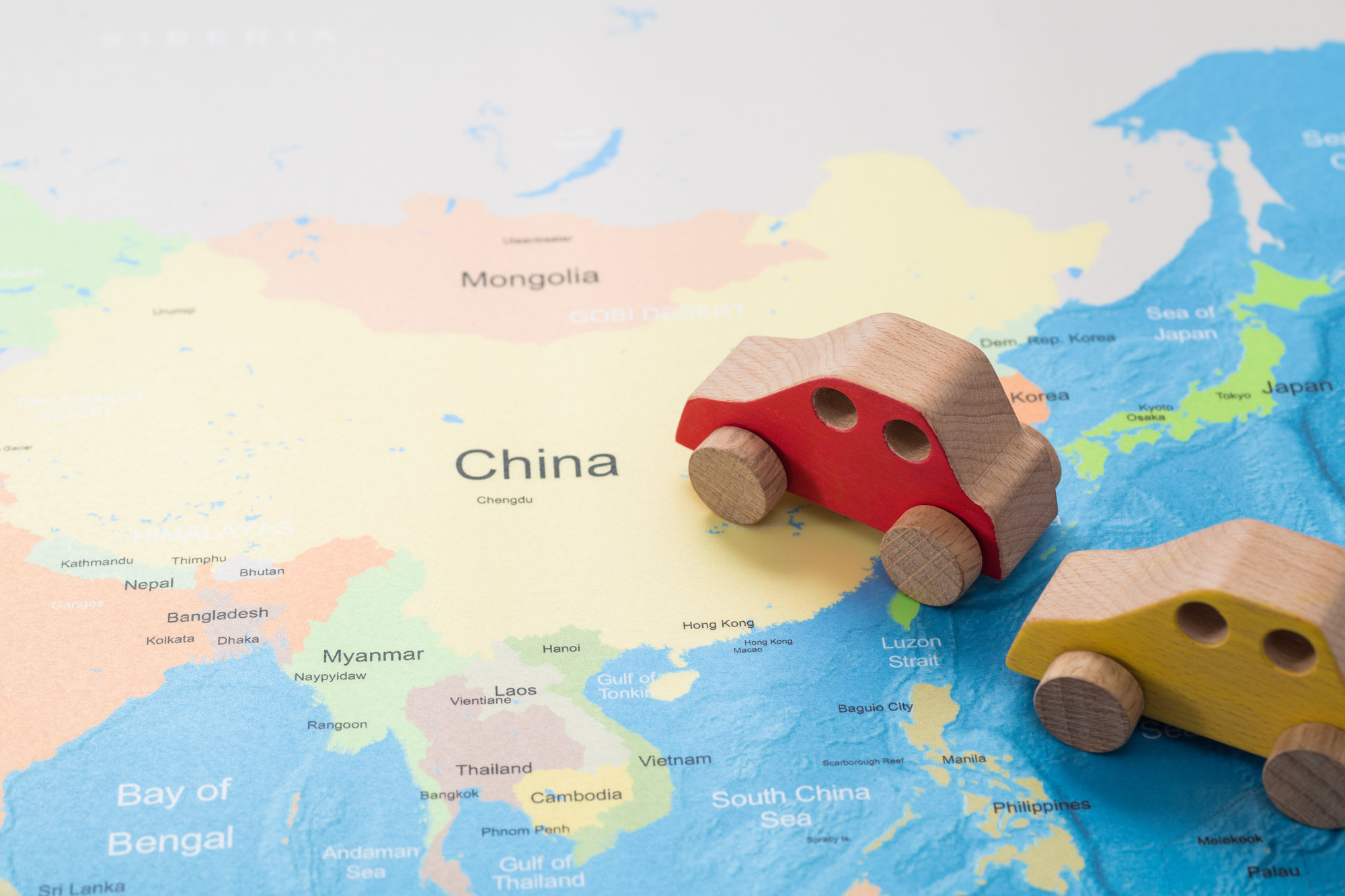2010/10/29
No. 102: Hirotaka Watanabe, "Deepening the Alliance within an International Security Community"
Needless to say, alliances are cooperative relationships among states with shared interests. They entail constant friction between alliance leaders and smaller partners arising from a dilemma of cooperation and independence. Alliances require adjustment to meet the shifting challenges of the time. This entails an inevitable learning process as allies grow truly trustworthy and interdependent. Without allowing each member some degree of independent capability and decision-making, however, it will be difficult for the alliance to grow strong. A matured alliance requires trust, and an alliance not rooted in mutual trust will degenerate into an asymmetric, unilateral relationship based on the disparity in power, in which the smaller states depend heavily on the powerful state. Such an alliance will merely serve the interests of states hoping to jump on the bandwagon.
If such is the nature of alliances, the United States and the European Union are obviously far closer to what an alliance is meant to be than the United States and Japan. The two alliances are marked by common and differing features when viewed from a broader perspective. Both Japan and Europe recovered from the ravages of war thanks to American support. They managed to maintain peace and security under the American nuclear umbrella during the Cold War. The two alliances are hegemonic in nature, both premised on overwhelming American predominance.
For a vanquished Japan, the security alliance with the United States, which obliges Japan to provide land and facilities for US forces in exchange for security assurances, constituted a painful realism. For a while after its defeat in World War II, Japan witnessed intense domestic debate between realists and idealists over whether to align with the United States. By the time the Cold War showed stability and detente set in, however, the perception of pain was reduced and a kind of military realism took root in Japan. The agenda of the country's security strategy had come to be dominated by the question of how Japan as a junior alliance partner should fulfill its role in American strategy toward Asia.
In contrast, European countries began searching for an equal partnership with the US over global issues when East-West tensions eased in the 1970s. The transatlantic alliance rooted in the Cold War structure loosened up with the deepening economic interaction between Eastern and Western Europe that continued through the period of revived tensions in the late 1970s and early 1980s. The end of the Cold War widened the division between the US and Europe over the future direction of their military alliance as European allies actively sought equal partnership in the North Atlantic Treaty Organization as was seen in the creation of the Combined Joint Task Force. The German and French opposition to the US intervention in Iraq came as an extension of such a transatlantic divide.
In Asia, the collapse of the Soviet Union did not end the Cold War structure. The Japan-US alliance remained unchanged in essence, as did the perception of the Japanese people of Japan's role and obligations as an alliance partner. Nonetheless, changes in the nature of conflict and the global commitment to the restoration of peace and order forced Japan to change its Cold War mindset. It felt obliged to make due contributions to the maintenance of global order in the wake of the Gulf War and the Cambodian conflict.
It is widely recognized around the world that Japan is an important ally of the United States and the most stable democracy in Asia. For Japan to emerge from being a junior partner to become a more trustworthy, active ally, it will need to use deep insights into international affairs. For example, Japan debated early on expressing support for the US war on Iraq. That was basically motivated by the interest of maintaining the security alliance with the US. However, given that the US was meeting opposition not only from Germany and France at the UN Security Council but also from East Asian countries then, Japan could have argued that its support for the war would save the US from being isolated in the Asia-Pacific region by bolstering support from the other East Asian countries.
Alliance burden-sharing increasingly involves contributions made from a broader global perspective that goes beyond the scope of the bilateral alliance. Japan's statecraft must be guided by the new reality so that it can make statements and proposals at crucial points based on insights into the essence of the situation. This will require Japan to demonstrate common values and a sense of responsibility not only within the Japan-US alliance, but also within an international security community.
Modest as it may appear, this will not be an easy task. However, demonstrating to the international community such willingness and intention is part of the process for the alliance to grow and mature. Japan's image in the world is not that bad. Japan has a certain reputation as a peaceful country with high cultural standards. It is time for Japan to play a more active role in the alliance, taking advantage of its soft-power image.
Hirotaka Watanabe is Professor at the Department of International Relations, Tokyo University of Foreign Studies. He specializes in French politics and European diplomatic history.
The views expressed in this piece are the author's own and should not be attributed to The Association of Japanese Institutes of Strategic Studies.





